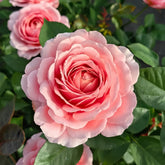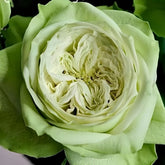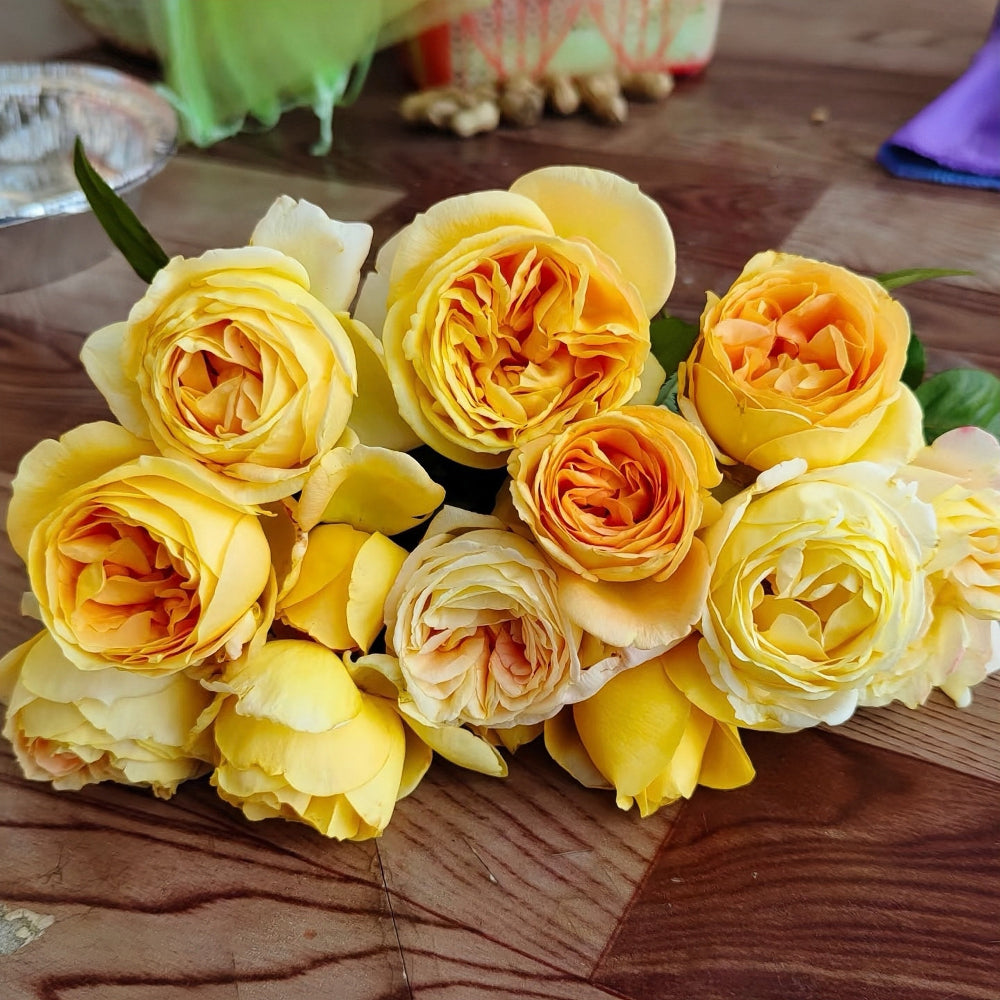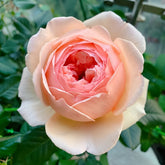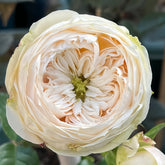How to Grow Yves Piaget Roses: Care Tips for the Elegant Japanese Series
How to Grow Yves Piaget Roses: Care Tips for the Elegant Japanese Series
Introduction:
The Yves Piaget rose series features over 40 stunning varieties. While it's hard to say which is the easiest to grow, the truth is—most Yves roses have similar care requirements. Compared to Chinese or European rose varieties, Yves roses (especially Japanese-bred types) can be more delicate and demanding. If you're new to roses, Chinese rose varieties tend to be the most hardy and beginner-friendly. In this blog post, we’ll walk you through the key care points you need to know to successfully grow the Yves rose series.

1. Sunlight:
Yves roses are sun-lovers and do not tolerate shade well. Ensure your roses get plenty of direct sunlight every day. Adequate light is essential for vigorous growth and beautiful blooms. Without enough sun, the plant may become leggy and struggle to flower.
2. Ventilation:
Proper airflow is crucial when growing Yves roses. In enclosed or poorly ventilated spaces, heat and humidity build up easily, leading to soggy leaves and a higher risk of powdery mildew, black spot, and other fungal diseases. Always place your roses where air can circulate freely.
3. Soil:
Yves roses thrive in loose, well-draining soil. This is especially important for potted roses. If the soil is too sticky and dense, roots may rot. On the other hand, if it’s too loose, it won’t retain enough moisture or nutrients. Aim for a balanced mix that offers both drainage and nutrient retention.

4. Fertilization:
For in-ground planting, use mostly organic fertilizers, supplemented with slow-release and water-soluble fertilizers. For potted roses, organic fertilizer usage is limited, so prioritize slow-release and water-soluble options to meet the plant’s nutrient needs without overloading it.
5. Disease and Pest Prevention:

Healthy roses are less prone to disease. However, overwatering, poor ventilation, or improper soil can stress the plant and attract pests or infections. Keep an eye on leaf health, soil moisture, and airflow to prevent problems before they start.
Final Thoughts:
Successfully growing Yves roses isn’t about using more water, fertilizer, or pruning—it’s about providing the right balance. Most roses suffer not from neglect but from over-care. Remember, the amount of nutrients and water a rose can absorb is limited by its size. Providing just enough is key. If you're looking for beautiful blooms with the right attention, Yves roses will reward your patience with exquisite flowers.




